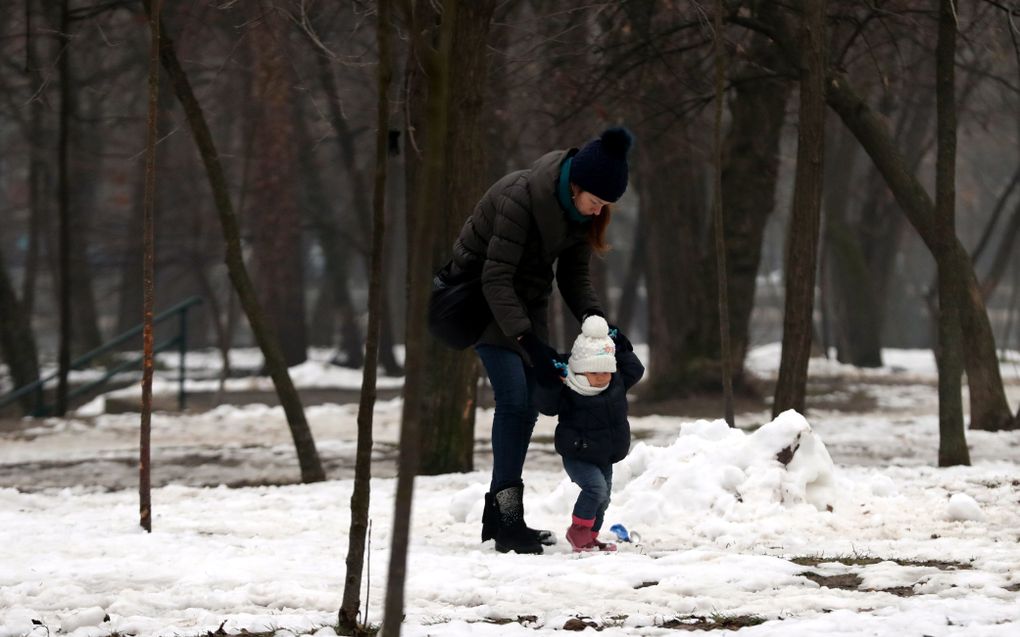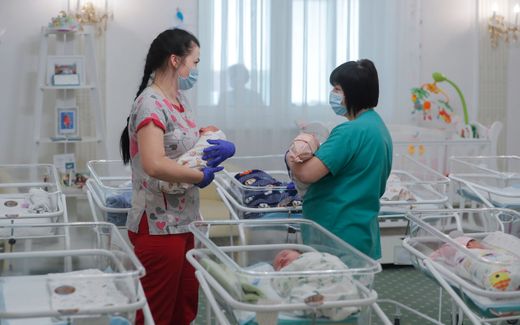Serbia promotes parenthood to increase population

Photo EPA, Koca Sulejmanovic
Southern Europe
Serbia wants to increase its population. Therefore, it plans to give 2500 euros to women who give birth to their first child.
It is one of the measures the Serbian government is taking to improve the demographic situation in the country. Other measures are benefits for students who give birth and possibly allowance for housing. According to Serbian government officials, the details of the plans will become apparent by January.
According to the Russian news portal Pravo Slavie, the countries president Aleksandar Vučić himself, admitted that the measures are being taken because Serbs are disappearing as a nation. In 2020, Serbia had the lowest birth rate in 120 years. The population has decreased by 600,000 people since 2002.
"We are getting older, and our economic development depends on how we, with the best measures, ensure the development of our nation", said Vučić. The issuance of financial assistance for the birth of the first child, according to Vučić, should stimulate citizens to give birth, but there will be other measures.
Generation
Vucic is president of the ruling Serbian Progressive Party. That party held an assembly that presented their plans for the near future. The main topic was demography. The party's vice president, Ana Brnabić, said that Serbia should invest even more in population policy and help young people become independent and students to have children while studying. "Europe, the United States and the Western world are losing an entire generation by having children later, and it is up to us to try to bring that generation back," Brnabic said, according to Serbian newspaper Danas.

Minister of Demography and Family Care Ratko Dmitrovic pointed out that what families with more children have in common is that they are believers. "Three municipalities in Serbia - Tutin, Presevo and Novi Pazar - have a high natural increase. Islam is dominant there. For them, the family still means something. Demography cannot be restored without the family."
Related Articles






